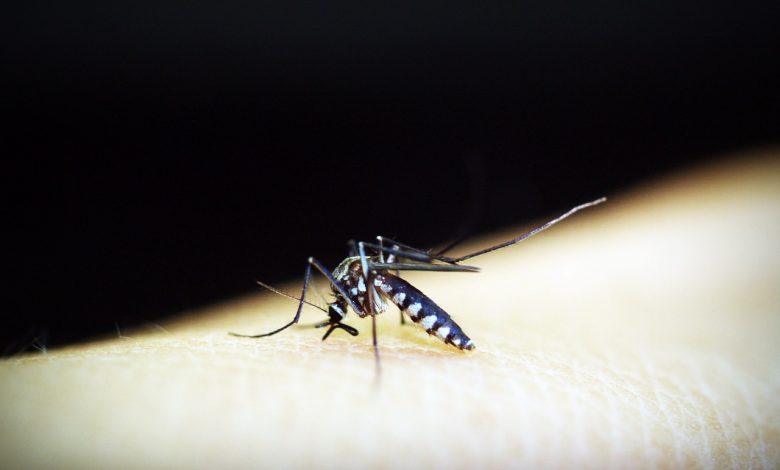“Big breakthrough”: scientists discover how malaria parasite spreads

Scientists have discovered that the malaria parasite can spread at lightning speed. They speak of a major breakthrough. The discovery makes it possible to stop the parasite, it says.
Malaria is transmitted by mosquitoes that have stung infected people and then prick healthy people. The Plasmodium parasite is then passed on. The malaria parasite can rapidly multiply in the mosquito.
An international team of researchers has now demonstrated, for the first time, how specific molecules play an essential role in the rapid reproduction of parasite cells.
“We have discovered that these molecules are present at all stages of multiplication and are only present in a certain part of the chromosome called the centromere,” explains Rita Tewari, Professor of Cell Biology at the University of Nottingham.
Survive
The malaria parasite appears to have a very unusual cell division, which makes it more challenging to eliminate. “This parasite is very adaptable. Even if you kill it in the human bloodstream (blood-stage, ed.), it can still move into the mosquito stage. Over time it has adapted to survive, with a lot of genetic plasticities, which makes it difficult to control the disease.”
“We need to understand what gives the parasite this plasticity and what it needs at each stage to survive.”
Such knowledge opens up the possibility of eventually preventing the malaria parasite from reproducing, says the team, which includes researchers from Great Britain, the United States, Switzerland, Italy, and India. “If we identify the molecular components that are essential for the replication of this parasite, we will be able to develop new and long-term therapeutic strategies against this devastating disease,” says Tewari.
Half a million deaths a year
Malaria kills nearly half a million people a year, especially in Africa. According to the UN’s Sustainable Development Goals (SDG), AIDS, tuberculosis, and malaria must be stopped by 2020.
Progress against malaria has come to a halt in recent years. Certainly, in sub-Saharan Africa, more efforts are urgently needed.




